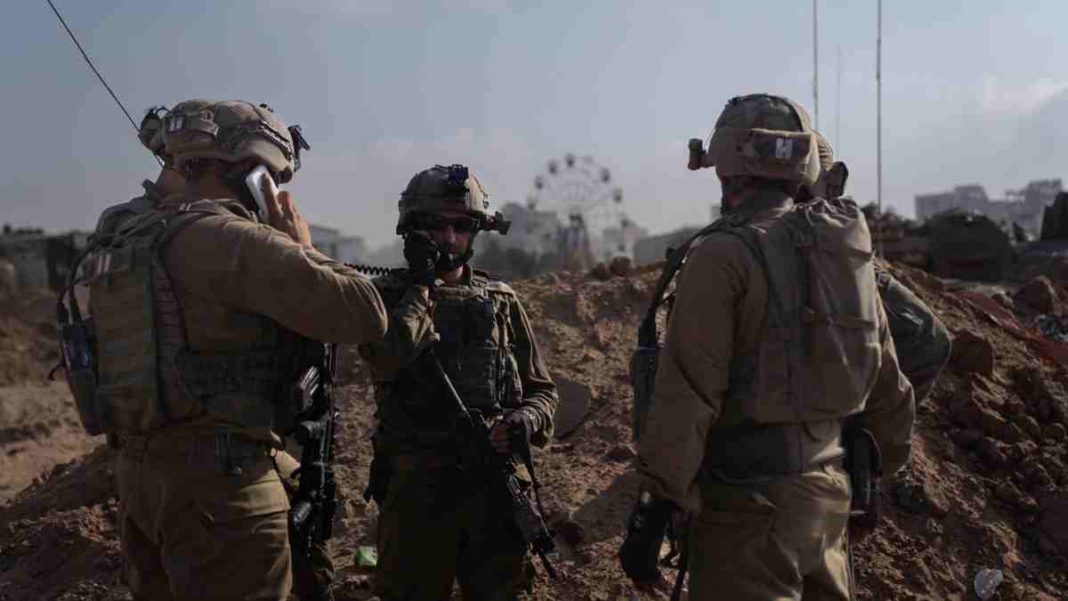ISRAEL/GAZA: Hamas gunmen forcibly abducted over 240 hostages on October 7 from their residences, workplaces near the Gaza Strip, military bases, and a large outdoor dance event.
Among them were approximately 30 children, the youngest being just nine months old. Since their abduction to Gaza by Hamas, the fate of most hostages remains unknown.
This event continues to inflict ongoing trauma on Israelis already reeling from the recent massacres.
Israel has experienced numerous hostage situations over the years, despite this being the largest.
In the 1980s, the nation demonstrated its willingness to pay hefty costs in exchange for its nationals’ release from prisoner swaps with armed organisations in Lebanon and Palestine. In one exchange, Sheikh Ahmad Yassin, who went on to create Hamas, was released.
Then, during a cross-border incursion in 2006, Hamas abducted 19-year-old Gilad Shalit, a soldier. In an agonising five-year struggle to bring him home, his father Noam emphasised the “unwritten contract” that exists between the state and its conscripts.
Prime Minister Benjamin Netanyahu approved the largest prisoner exchange for a single soldier in history, both then and now. Over a thousand prisoners were freed, among them Yahya Sinwar, who later became the leader of Hamas in Gaza and is believed to have planned the October 7 attacks.
Earlier, Qatar facilitated the release of an American-Israeli mother and daughter, while Egypt aided in the liberation of two older Israeli women hostages. Despite these efforts, no larger agreement has materialised since then.
This week, the military branch of Hamas declared its willingness to release up to 70 women and children detained in Gaza in exchange for a five-day ceasefire.
Israel has publicly dismissed a ceasefire, expressing concerns that Hamas might utilise it for regrouping purposes. Instead, Israel has indicated openness to shorter humanitarian breaks in the conflict.
According to polls, this stance finds support among many Israelis. In the most recent survey conducted by the Israeli Democracy Institute, the prevailing response—echoed by 38%—was in favor of negotiating a prisoner deal while maintaining the fight. Overall, 70% of respondents indicated they did not believe the war should cease.
A persistent minority, around a fifth of those surveyed, adamantly oppose engaging in any negotiations with Hamas. Many Israelis cite past instances where released prisoners, such as Yahya Sinwar, previously involved in violent acts, went on to plan further deadly attacks.
Despite facing challenges, families and supporters of the hostages are employing creative tactics to elevate public pressure.
HaBima Square in Tel Aviv showcases a massive art installation, comprising an empty bed symbolizing each missing adult, child, and couple in Gaza.
Every Friday, during the Jewish Sabbath, relatives assemble at what’s now called Hostages Square outside the Museum of Art, arranging a colossal table set for every missing person.
On Tuesday, a sizable assembly initiated a 40-mile (63 km) march from Tel Aviv to the Prime Minister’s office in Jerusalem, urging their government to intervene.
As each day elapses, concerns escalate for the hostages’ safety. Hamas claims that Israeli air strikes have already resulted in the deaths of several dozen hostages.
Previous experiences have shown Israelis that negotiations are possible, but the current intensity of the ongoing conflict adds a heightened sense of urgency.
Also Read: Israel’s President Denies Targeting Al-Shifa Hospital in Gaza



